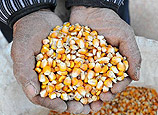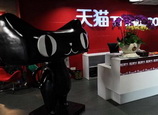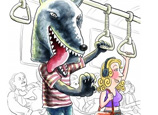
On Friday, the National Bureau of Statistics released a batch of indicators - including industrial production, fixed-asset investment and retail sales - which all showed accelerating growth, while inflation eased to the lowest level in nearly three years.
These were regarded as signs of a stabilizing growth in China.
Zhou Hao, an economist at Australia & New Zealand Banking Group Ltd, said the better-than-expected exports were due to a combination of factors.
"Better Christmas orders from the United States, a low base effect and the broadening of government's export tax rebate policies all help," Zhou said.
Traders were less optimistic. At the China Import and Export Fair, - or Canton Fair - which ended last week, visitor numbers were down more than 10 percent from the event in May and the value of deals signed fell 9.3 percent.
"Traders are not very confident about the future," said Li Maoyu, an analyst at Changjiang Securities Co. "Also, foreign buyers are tending to place short-term orders, given uncertainties, which also dampens the confidence of Chinese traders."
The yuan exchange rate is one of these "many uncertainties." A larger trade surplus in October may lead to a stronger yuan, adding costs to exporters, Li said.
















 Beijing experiences windy weather, temperature drop
Beijing experiences windy weather, temperature drop


![]()
